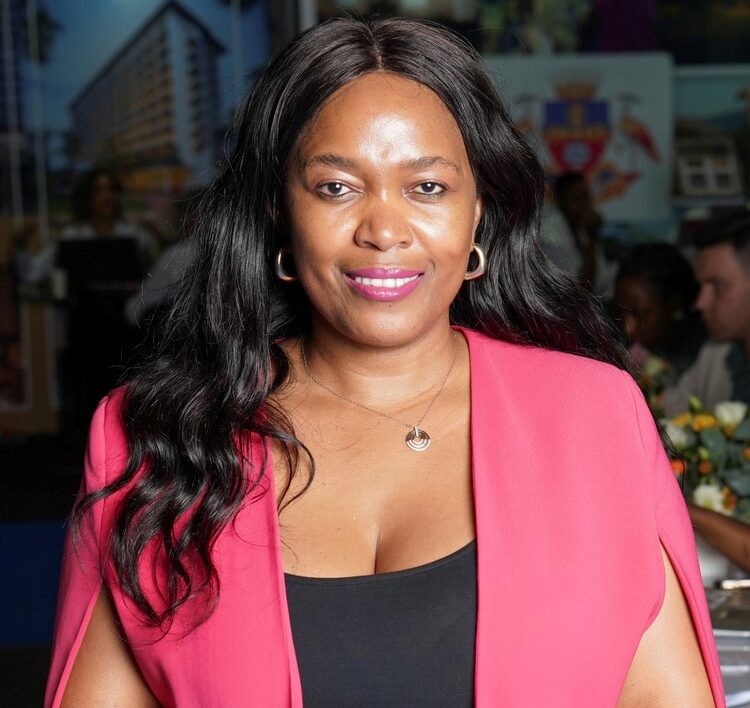
Growing up in a large family where education was a cornerstone, I learned early on the value of hard work and continuous learning. My parents, both dedicated educators, instilled in me and my siblings a deep respect for knowledge and an unwavering commitment to excellence. This foundation has guided me throughout my career.
When I joined Protea Hotels by Marriott as a junior sales coordinator at 19, I knew little about the hospitality industry. However, I was determined to learn and grow, embracing each new role with enthusiasm. My curiosity and courage to take on challenges helped propel me into leadership positions at a young age.
Yet, my journey wasn’t one I walked alone. Mentorship played a crucial role in shaping my path. I’ve always believed in the power of collective success, and I’ve been fortunate to have mentors who guided me, broadened my perspective, and most importantly, created a sense of belonging. Mentorship is vital not only for individual career growth but also for strengthening organisations. Strong mentorship builds strong teams, and these teams, in turn, build greater companies.
But mentorship alone isn’t enough. Advancing gender empowerment in the workplace requires a comprehensive strategy. At Marriott International, our Diversity, Equity, and Inclusion (DEI) strategy is integral to our operations. This strategy aims to increase the presence of women and people of colour in leadership positions, foster an inclusive environment for all associates, customers, and suppliers, and ensure accountability through regular reporting and oversight by our Board-level Inclusion and Social Impact Committee.
Gender diversity is not just about fairness; it’s a business imperative. Research by McKinsey shows that companies with greater gender diversity at the board level are 27 percent more likely to outperform financially. Diverse perspectives drive innovation, enhance decision-making, and help companies better serve a broader customer base.
To truly level the playing field, businesses must rethink their environments, policies, and leadership structures. Traditional workspaces often fail to consider the specific needs of women, whether in the design of office facilities or the rigidity of work arrangements. By creating inclusive spaces and offering flexible working hours, parental leave, and remote work options, companies can retain talented women who might otherwise leave the workforce.
Leadership development programmes, such as Marriott’s Khulanathi Leadership Development Programme, are essential in bridging the gender gap in senior roles. Despite women comprising 54% of the global tourism workforce, challenges like the gender pay gap and underrepresentation in leadership persist. Initiatives like Khulanathi help address these disparities, fast-tracking talented individuals into leadership positions.
As I continue my journey, inspired by the lessons of my parents, I remain committed to pushing for greater gender empowerment in business. It’s not just about creating opportunities for myself but ensuring that the path to success is open to all, so that we can build stronger, more inclusive companies and societies that benefit everyone. – By Dorcas Dlamini Mbele, Area Commercial Director, Sub-Saharan Africa, Marriott International
Also see: Empowering SA women through financial independence




